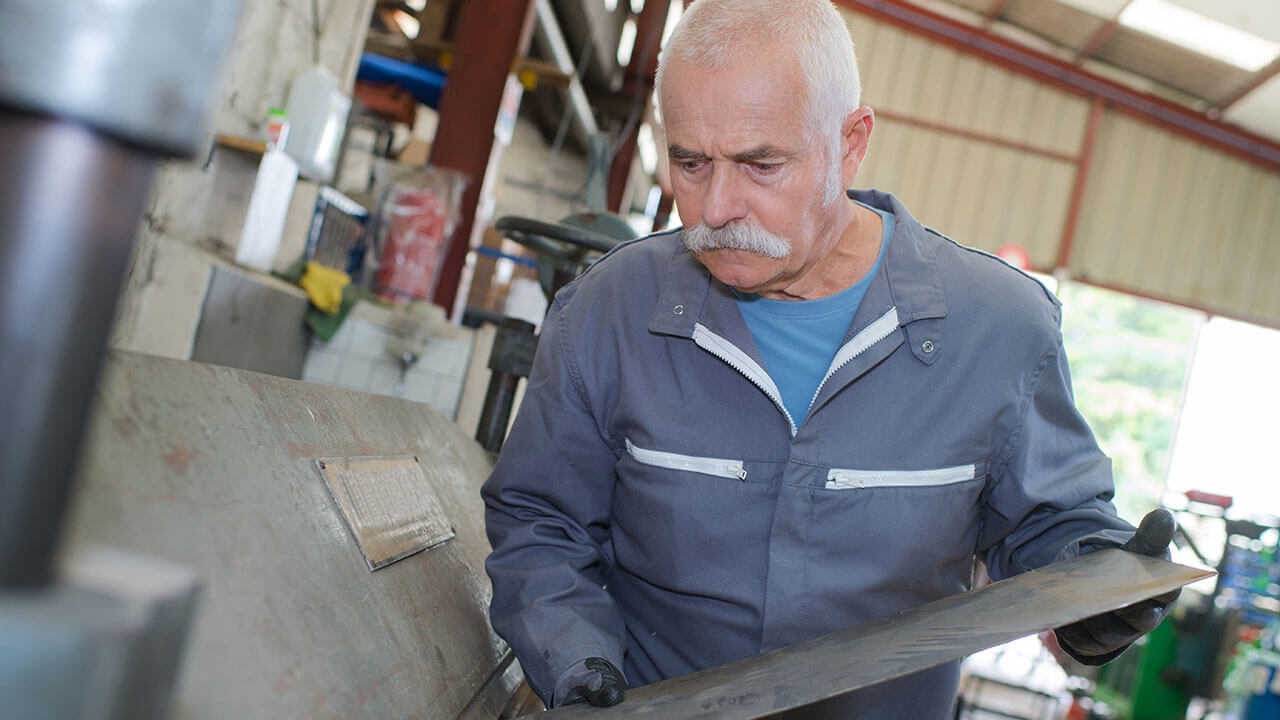Race Day Live Marina Drysdale, 61, moved to North Carolina in 2022 to be closer to family. She left her job as a health unit coordinator in Florida, hoping to find work near her new home. However, despite applying for jobs and even training as a dialysis technician, she remains unemployed.
“I’m not planning to retire soon,” Marina says. “I’m active and capable, but employers seem to think otherwise.”
Marina’s struggles reflect a growing issue. Many older adults face age discrimination, making it harder to find jobs. Over a third of North Carolina’s workforce is over 55, yet they face barriers like skill requirements and health problems.
Unemployment Impacts Health
Unemployment affects finances and can harm health. Without jobs, many older adults lose their health insurance, leading to delays in getting care.
For example, Marina qualified for Medicaid only after North Carolina expanded the program. Before that, she had to postpone medical tests and struggled to get medications.
Research shows that losing a job in your late 50s or early 60s can reduce life expectancy by three years. Unemployment also increases stress and worsens mental health.
The Role of Age Discrimination
Age discrimination is a big problem. AARP reports that 64% of workers aged 50+ have experienced or witnessed ageism. Many employers assume older workers are less productive or will retire soon.
Older job seekers also struggle more to get re-employed. Only 61% of workers aged 55+ find new jobs after layoffs, compared to 74% of younger workers. And when they do, their salaries are often lower than before.
Read More
- 25-Year-Old Mentally Challenged Woman Found Dead in North Carolina Woods, Suspect in Custody in Fayetteville
- 13-year-old Missing Teen Bludgeoned, Stabbed and Burnt in Empty House by Two Vicious Teenager in South Carolina
Programs That Help
Despite these challenges, there’s hope. Programs like the Senior Community Service Employment Program (SCSEP) help older adults gain skills and find jobs. Participants work part-time in community service roles while getting training and support to transition to full-time work.
For some, these programs are life-changing. Brenda Cogdell, for instance, went from being homeless to managing an SCSEP program.
Why Skills Matter?
Many older job seekers struggle with technology skills, which are now essential for most jobs. Programs like SCSEP help participants improve their computer knowledge, making them more competitive in the job market.
Still, the bias persists. Some older adults report being dismissed in interviews by younger hiring managers. This can hurt their confidence, but many programs also focus on rebuilding morale.
National Efforts to Support Older Workers
Employers can play a big role in reducing age discrimination. Simple changes like avoiding phrases like “digital native” in job ads can make postings more inclusive.
Studies show that age-diverse teams bring creativity and innovation to companies. With five generations now in the workforce, hiring older workers isn’t just fair—it’s smart business.
Small changes, like updating resumes or using modern email addresses, can help older job seekers overcome barriers. These steps, combined with supportive programs, can make a difference.
Looking Ahead
Marina hasn’t given up. She plans to start training as a medical assistant soon. Programs like Medicaid expansion and SCSEP provide hope for many older workers like her.
The challenges are real, but with support and resilience, older adults can rebuild their careers and health.
Disclaimer- Our team has thoroughly fact-checked this article to ensure its accuracy and maintain its credibility. We are committed to providing honest and reliable content for our readers.

